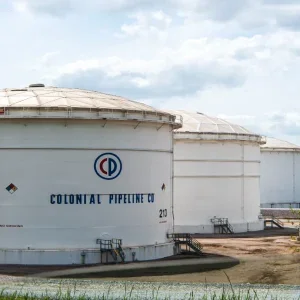
Following its best half-year profits since 2014, Rio Tinto today announced a special $1bn dividend equal to $0.61 per share.
The Anglo-Australian multinational, one of the largest miners in operation today, also declared a half-year dividend of $2.5bn, totalling $1.51 per share, after reporting record interim returns of $3.5bn.
It attributes the positive numbers to the output of its Pilbara network of 16 mines, four independent port terminals and a 1,700 kilometre rail network, as well as a surge in global iron prices.
Rio Tinto chief executive Jean-Sébastien Jacques said “We have delivered strong financial results with underlying EBITDA [earnings before interest, tax, depreciation and amortisation] of $10.3bn and EBITDA margin of 47%.
“We are taking actions to protect the Pilbara Blend and optimise performance across our iron ore system, following the operational challenges which emerged in the first half.”

Rio Tinto special dividend underlies strong 2019 performance
Since taking his position at Rio Tinto in July 2016, it is understood Mr Jacques has specifically shaped the company’s strategy around returning as much cash to investors as possible.
A key part of its success in this policy has come from the soaring price of iron which, due to various supply disruptions in Australia and Brazil and unprecedented demand from China, this year surged more than 60% to above a $120 per tonne.
The commodity accounted exclusively for 75% of Rio Tinto’s earnings before interest, tax, depreciation and amortisation, and contributed to a rise in shares for the company of 27% this year alone.
Mr Jacques added: “Our world-class portfolio and strong balance sheet serve us well in all market conditions.
“This, together with our disciplined capital allocation, underpins our ability to continue to invest in our business and deliver superior returns to shareholders in the short, medium and long term.”
It has not been a year without difficulty for the firm, however. In July, it warned of potential delays to the underground expansion of its Oyu Tolgoi copper mine.
The start date for production at the facility in Mongolia has been pushed back 16 to 30 months to between May 2022 and June 2023, while its cost has also increased by up to $1.9bn to a total of $5.3bn.






